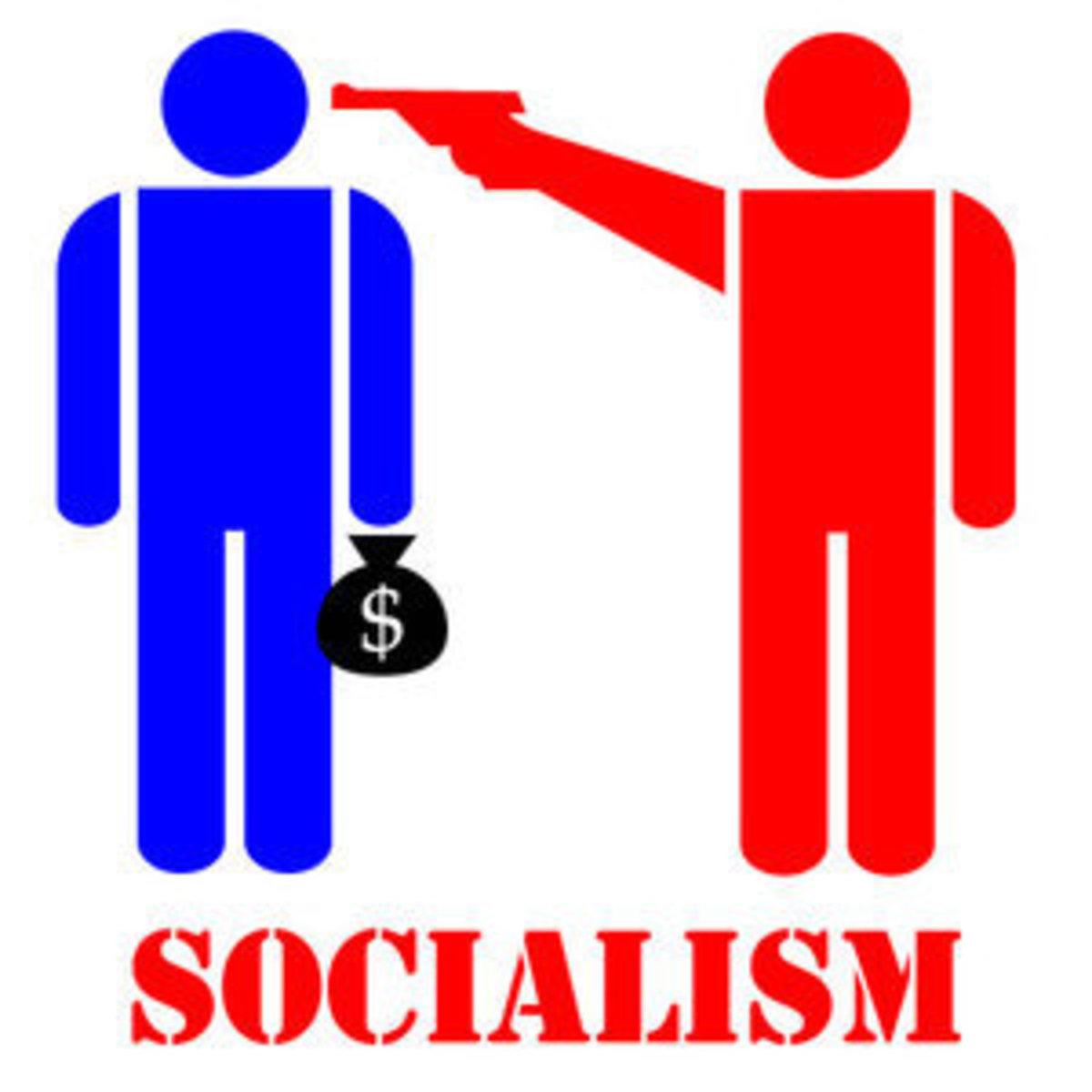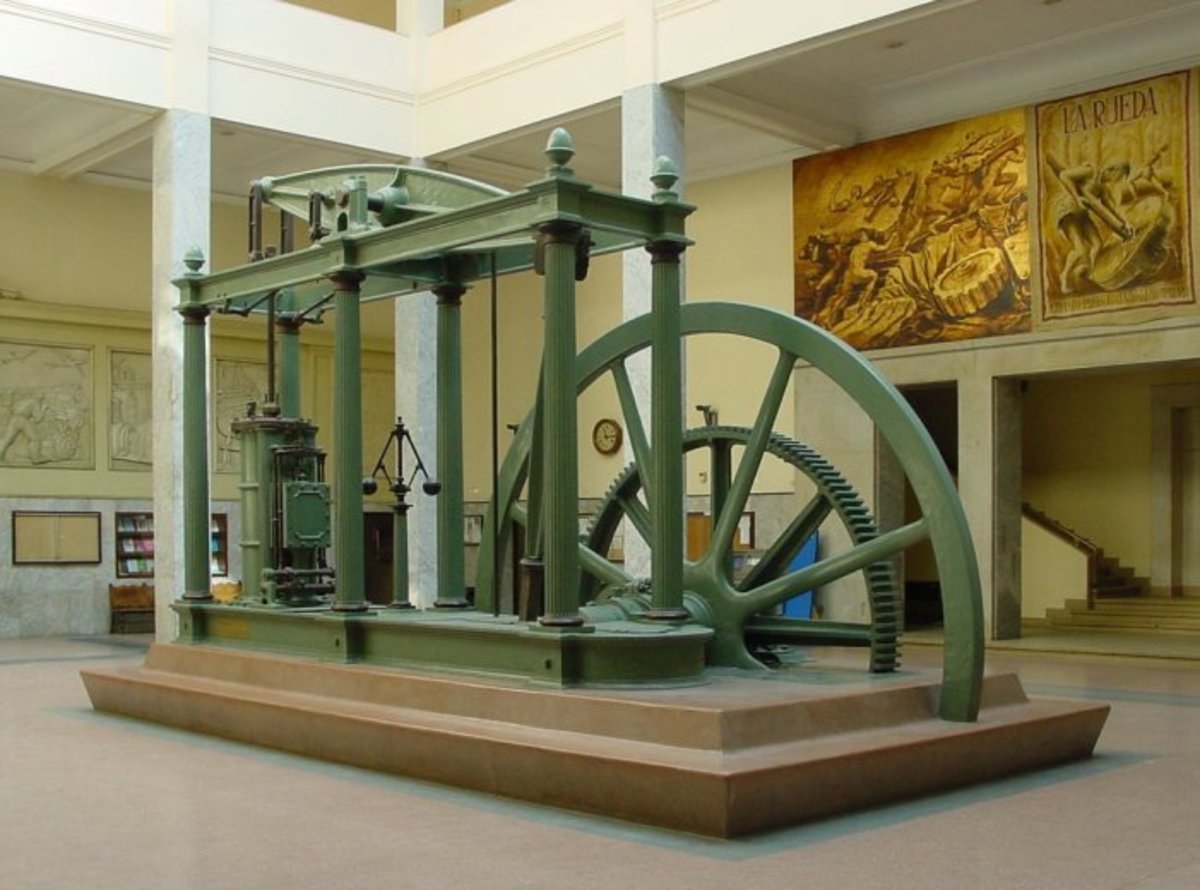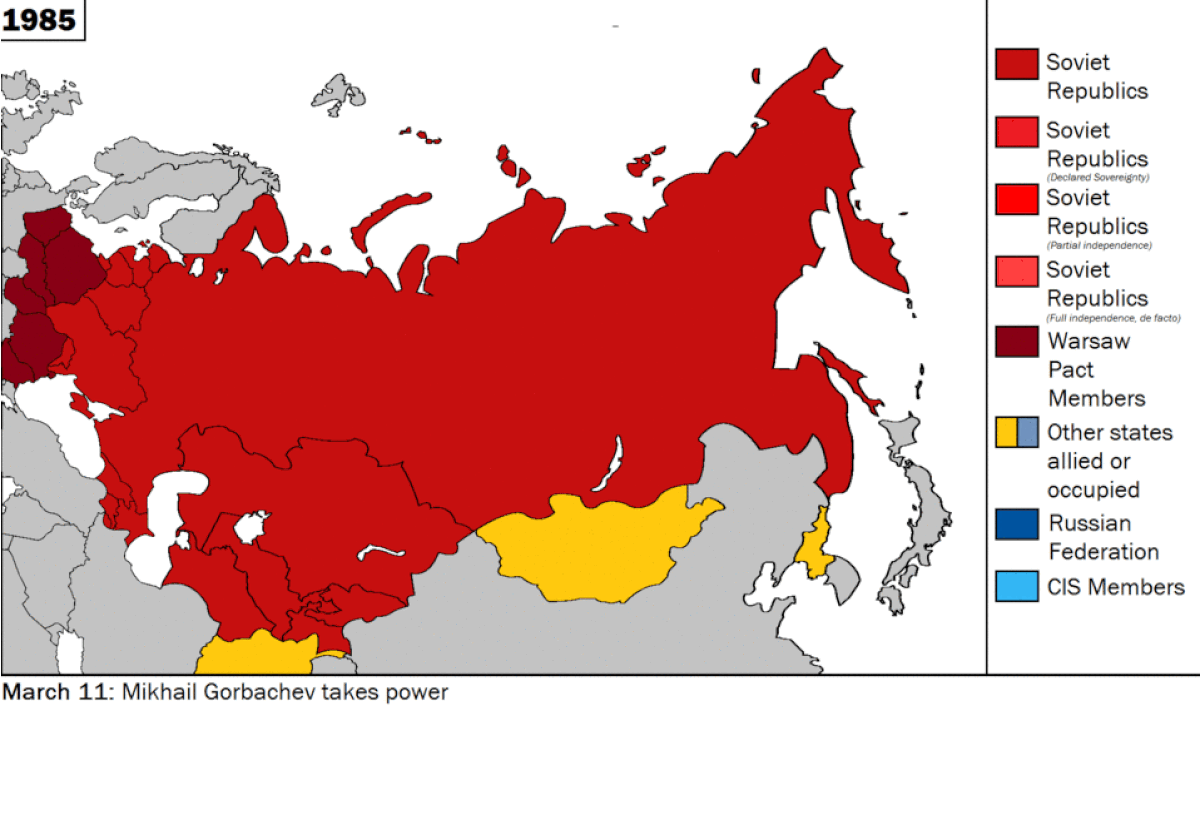Socialism VS. Capitalism in Philosophy

In Philosophy, the concept of politics are very vague, the mere talk of this can cause chaos in a room of individuals, hence the various political parties that comprise parts of every civilization. If you add religion in this mix, then the algorithmic problem gets even more complex, but for today we will stick to the debate of Captitalism vs. Socialism.
To start this philosophical debate, we must first ask the question, What is Capitalism? In Wikipedia, Capitalism, "is an economic system in which the means of production are privately owned and operated for profit, usually in competitive markets. So now that we know what capitalism is, what exactly does that mean for the individual. If you were to take the average worker for example, he/she wakes up, goes to work, clocks in and works a specific amount of hours and then goes home. This is considered a wage that may or may not be much, as in private enterprise, the owner of the establishment is the aristocrat, or the wage weigh. The concept of this works to a degree, but as you can see during the industrial age, the common worker was treated poorly so that the overall production and maximized profits were made, leading to revolt and grim medical situations among families, both mentally and physically.
Socialism, as stated in Wikipedia, "is an economic system in which the means of production are publicly or commonly owned and controlled cooperatively, or a political philosophy advocating such a system. This form of government is in part a system completely controlled by the people for the people, without aristocratic ordeals. The leaders of towns and cities are picked by form of lottery for a specific time period, ultimately defined by the people. This society is also based on cooperative distribution of equal parts of agricultural and technological advancements, thus allowing equality on all levels.

I feel as though both work well in certain circumstances, but what about a society that has rid themselves of all greed and self-progress, thus a form of socialism in it's purest form would work, but only when those two major factors had been met. If society gained control of their primitive senses to allow for a collective of sorts, then the general well-being of the masses rather than individualistic gains would be accomplished. The ideal society that I feel would qualify for such a government would be one of world status, a one world government that was linked through a sense of equality and freedoms without detrimental feelings towards any such issue.
The form of capitalism in today's form would be detrimental if democracy was allowed on a world level, a one world status never standing strong under the whole of the planets individuals. This is only because there will be a part of the world that would always be left out, maybe because of their inability to maintain cash crops, or simply the limitations of mass production facilities in third world countries. The united nations is already currently showing their inabilities to keep starvation from occurring in countries all within Africa, mainly because the private sector of the world is unwilling to release money from their pockets for a larger cause, but this is not to say they can afford it, everyone has loans to take care of.
Overall, the meaning of politics and it's mix with a general philosophy of change is unpredictable, and no one really knows how they end results will be played out hundreds of years from now. One thing is certain however, that individuals will continue to display humanistic character traits of greed and inconsideration for one another, but also compassion and kindhearted people will pursue their goal to help everyone they can in need, therefore the balances of the natural way of lifewill be met with graceful stride.
If you like this article, please visit my other essays on various subjects at:
- The Greatest Imperialistic Nation of the 19th Century
Great Britain, a Country that dominated the 19th century world, and through economic and an imperialistic process, helped guide the world to what it is today. - Reason: What is it and how does it relate to an individual's life?
What is Reason? This article is a helpful guide to the perceptual reality of Reason, and why we reason with the concept of objects, social issues, and the universe itself. - Chinese Civil Service Examinations
Chinese Civil Service examinations, what were they? How were it used to politically and historically recreate the ways China has built upon itself? Want to find out?








